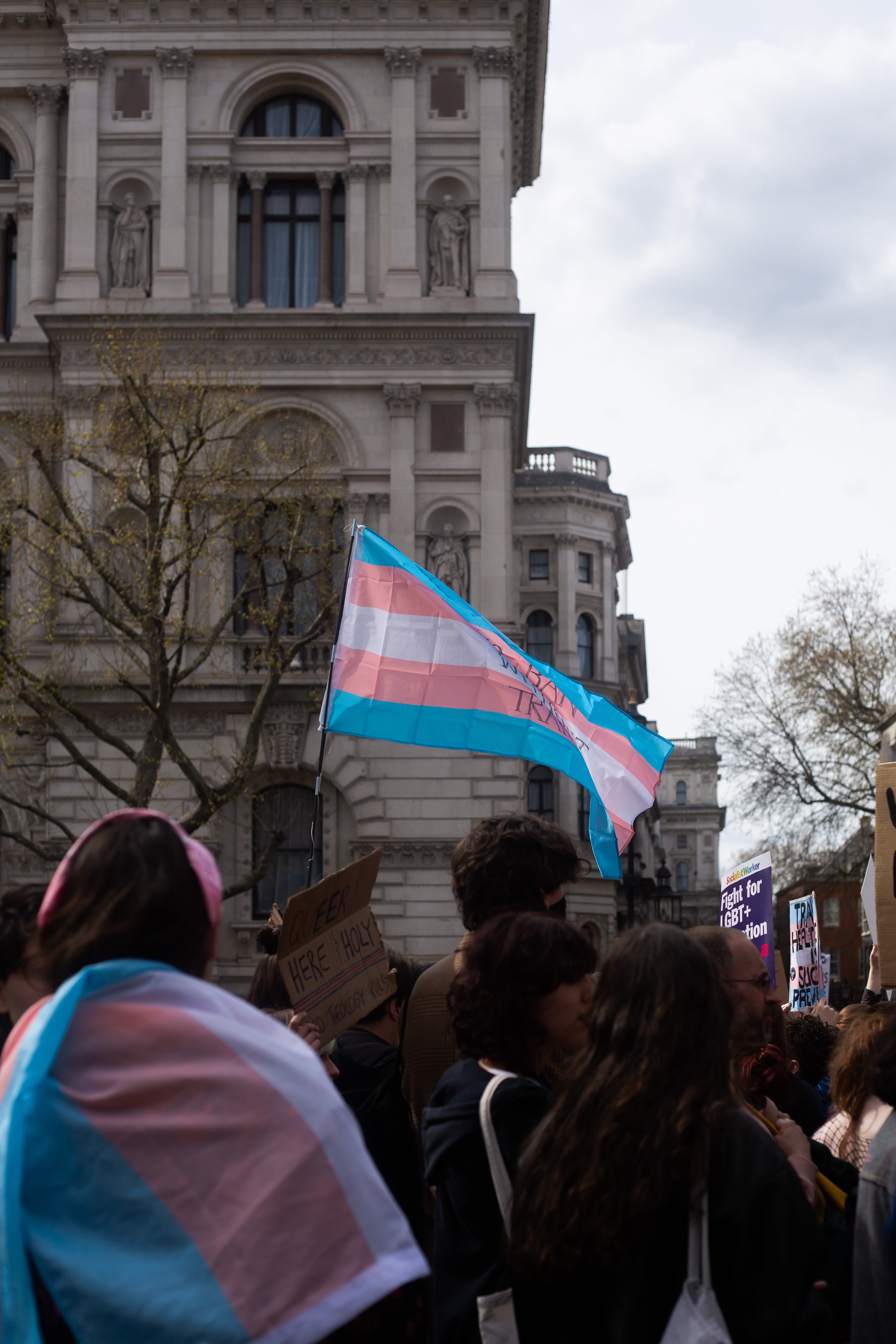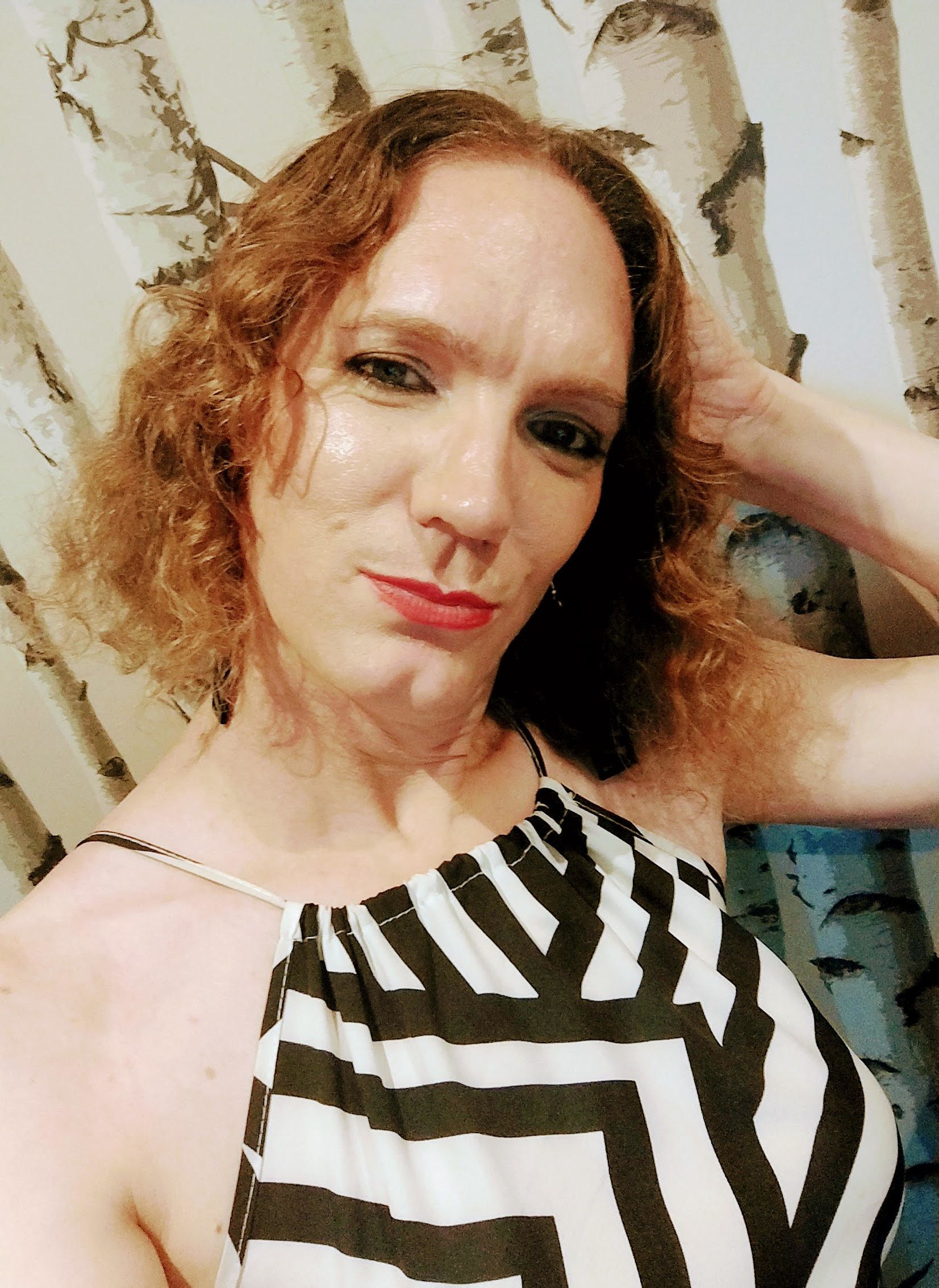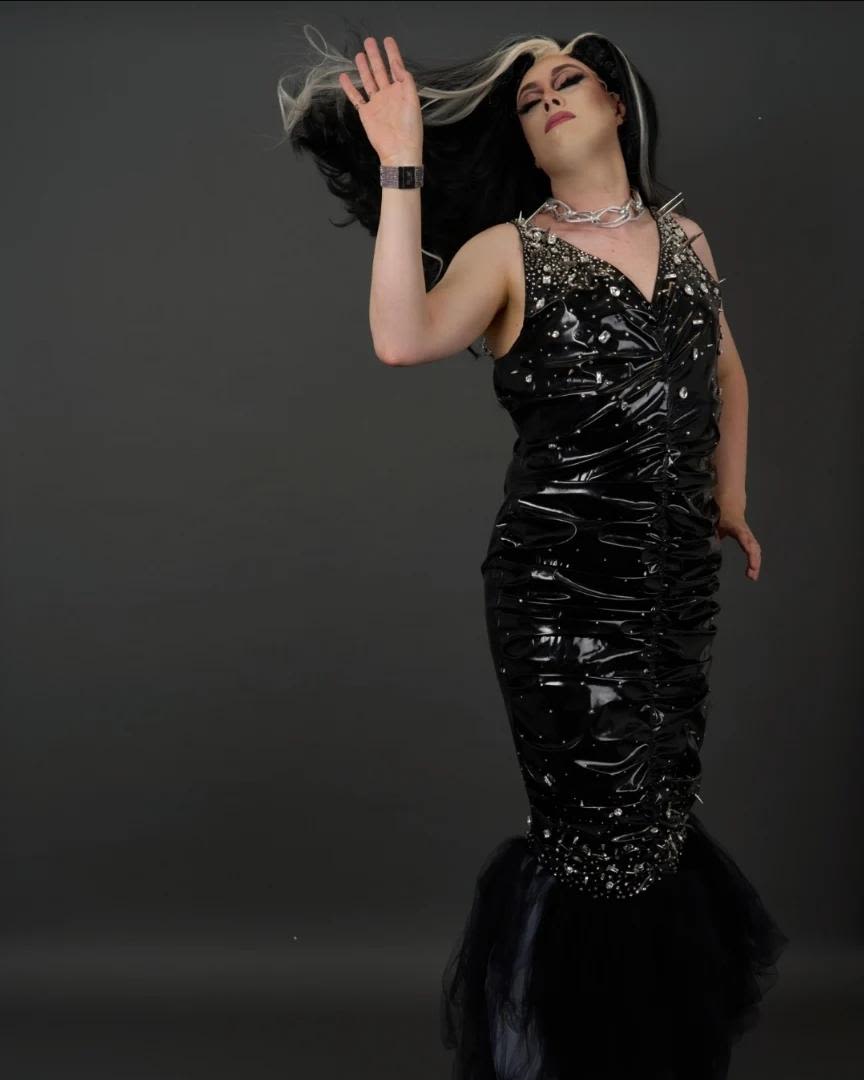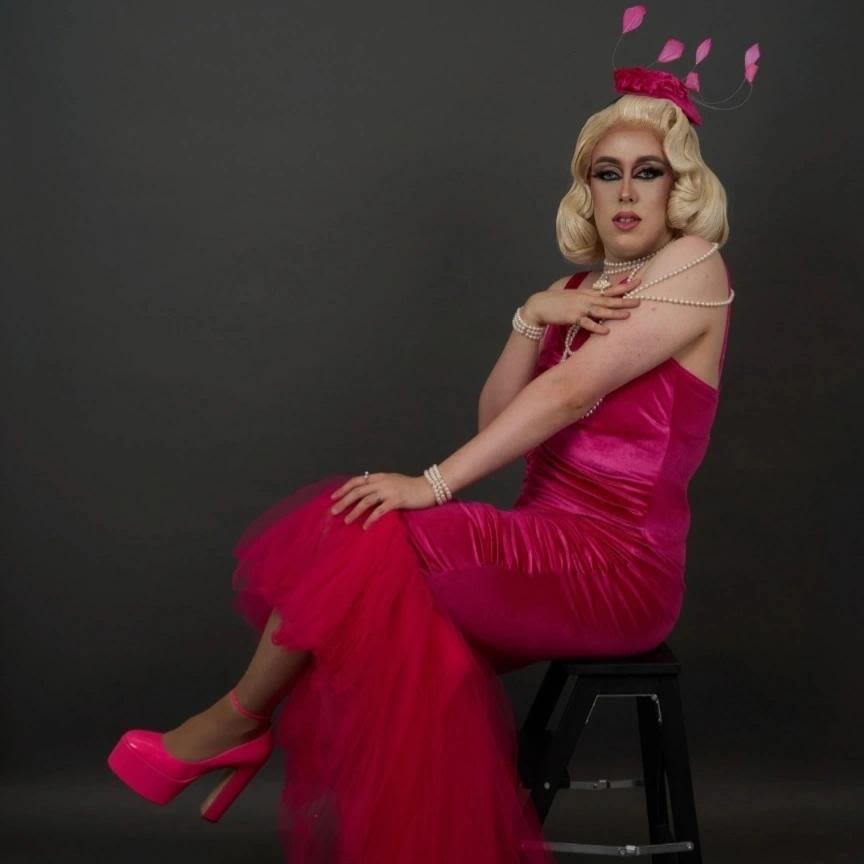What does Trans pride look like in 2025?
In the lead up to the first London Trans+ Pride since the landmark UK Supreme Court ruling, members of the queer community express the anger and disappointment they feel.
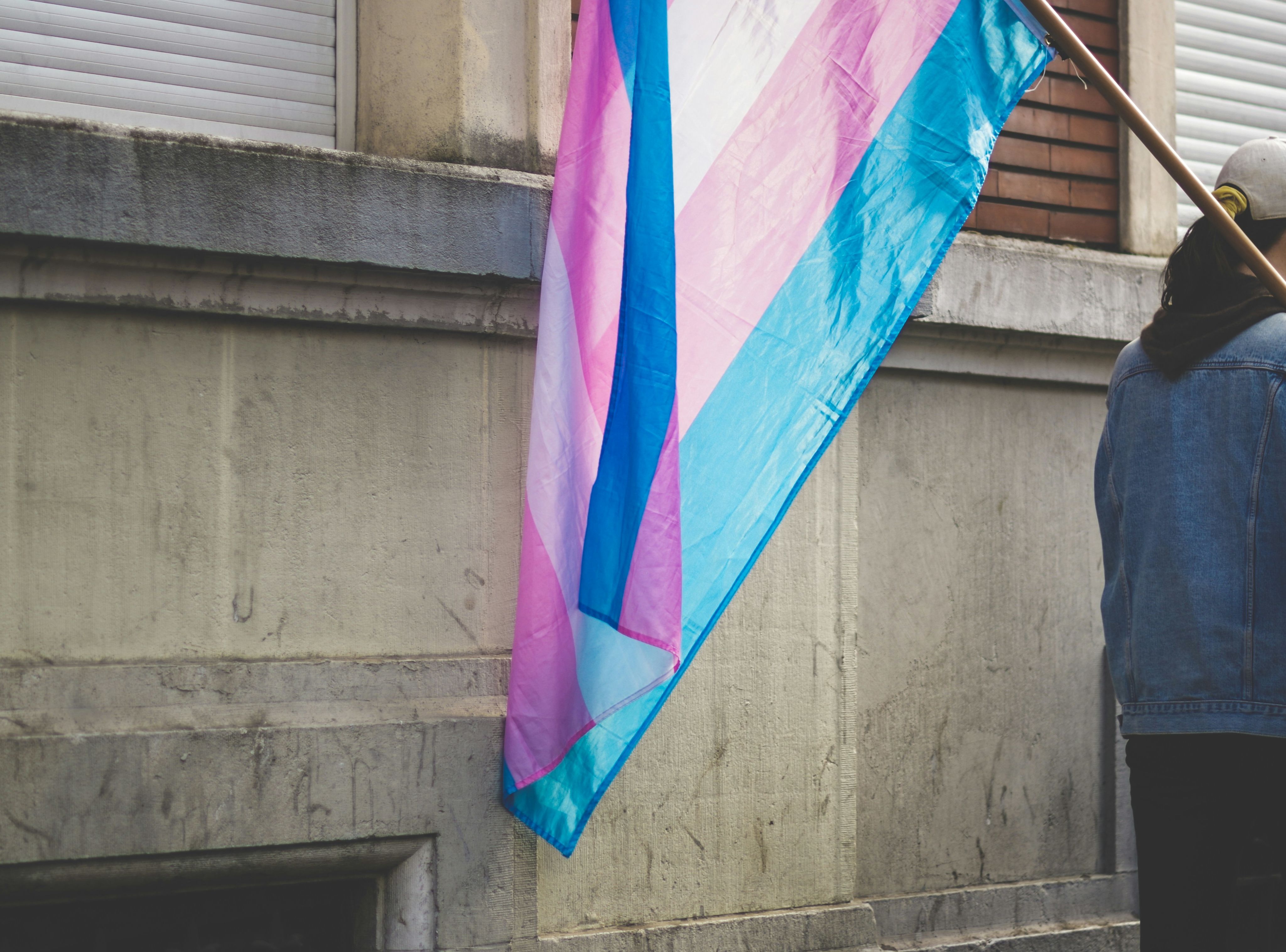
London Trans+ Pride
In 2024, London Trans+ Pride became the biggest trans pride event in the world, when an estimated 60,000 people attended.
The annual event, started in 2019, focusses on supporting trans, non-binary, gender non-conforming and intersex lives.
On 26 July, the seventh London Trans+ Pride will begin at Langham Place, and end at the Wellington Arch on Hyde Park Corner.
This year, however, alongside other UK Trans Prides, they have banned all political parties, after a UK Supreme Court ruling on the definitions of “woman” and “sex” for the purpose of the Equality Act 2010.
In an open letter, they criticised Labour and other mainstream UK parties for praising this judgment.
The letter said Labour were: “Increasingly hostile to the interests of trans people.”
Trans+ Pride have encouraged all Pride events to follow their lead.
On their Instagram, London Trans+ Pride said: “The trans community have been pushed further to the margins this year with the recent Supreme Court ruling, and we are more committed than ever to keep speaking out, showing up and marching proud.”
This year, the theme of the event will be 'Existence and Resistance'.
Members of the trans and queer communities have expressed the importance of this years event, and discussed the feeling in the community, in the run up to London Trans+ pride.
The Supreme Court ruling
On 16 April, in the case of For Women Scotland v The Scottish Ministers, the Supreme Court ruled that in the Equality Act 2010, ‘sex’ referred only to the biological sex a person was assigned at birth.
This applies regardless of whether someone holds a Gender Recognition Certificate or identifies as another sex.
The case was only to clarify whether trans women with GRCs would count as female representation when sitting on public boards, not to define what a 'woman' is broadly.
The judges said: "It is not the role of the court to adjudicate on the arguments in the public domain on the meaning of gender or sex, nor is it to define the meaning of the word 'woman' other than when it is used in the provisions of the Equality Act 2010."
Since the ruling, trans women have been banned from competing as women by the Football Association, Scottish Football Association, England Netball and the England and Wales Cricket Board.
The Prime Minister Keir Starmer’s official spokesman said that the PM does not believe trans women are women, and that when looking at the Equality Act, a woman is a biological woman only.
Ray Lavery from Trans Matters Worldwide, said: “This is a critical moment where a severe anti-trans movement is happening, to erase us.
“The ruling has been used as a blanket excuse to remove trans people from law and roll back decades of human right.
“It is getting worse every single day, the Scottish ruling has given people permission to say what they want and be discriminatory.
“It’s not only trans people that it effects.
“If you are a woman who has short hair, doesn’t wear makeup and walks around in a tracksuit, because you are not a blonde barbie doll, someone can say ‘I think you are trans, so you are not allowed in this female space’.”
Trans Matters also stated a problem with the ruling is that an estimated 1.7 percent of people in the world are intersex.
So up to 1.1 million UK people have sex characteristics that do not fit into the binary of male or female.
Lavery said: “We want people to know the facts.
“We just want to get the truth out there, we are fighting for trans rights, but we are really fighting for human rights."
Photo by Karollyne Videira Hubert on Unsplash
Photo by Karollyne Videira Hubert on Unsplash
Ray Lavery discusses the origins of Trans Matters' meet up group.
Lavery started Trans Matters’ meet up group three years, catering to people in the early stages of transition, answering questions and correcting misinformation about the transition process.
He said: “It’s about seeing people for who they are on the inside, irrespective of what they look like on the outside.
“They now have a family they can rely on and it starts to set up their life in this community.”
The group aims to makes life easier in the first stages, as Lavery says that is when people transitioning face the most hostility.
He said: "People will throw stuff at you in the street and say slurs at you, beat you up.
"People will tell you that you are wrong and don’t understand.
"It’s a pretty hostile environment in the early stages."
The number of hate crimes recorded by police against transgender people have increased by 75% since 2016, but the government equalities office estimates only 12% of incidents are even reported.
'Pride has always been a protest'
Sian Mak, 51, is a co-host of the London Trans+ meet up and a Trans Radio UK DJ.
The meet-ups are a monthly event at Retro Bar in Charing Cross, which give trans people the opportunity to socialise within the community.
Approaching Trans Pride this year, Mak said: “There is definitely a downbeat vibe, as you can imagine.
“There are people at the meet up and my own friends who are feeling angry, vulnerable and targeted.
“I think broadly Pride will be the same, but definitely angrier, there will be a lot more placards about what has happened.
“The defining emotion is anger, I am disappointed but most people are definitely angry, when you are already a marginalised community, it can’t not look like an attack.”
Mak said the meet up, which has up to 40 people coming each month, is a lifeline for people in the community.
She said: “ I have met so many of my now best friends through the meet up.
“I cant imagine life without it really, and I know a lot of people feel the same.
“It changed my life quite frankly.”
Trans Pride is important this year, Mak explained, to remind people that it is firstly a protest march and a demonstration.
She said: “I think in the community trans people are the group under the most perceived threat, so there is more reason for it to be a march rather than a parade.
“Pride has always been a protest.”
Trans Pride, she said, is a reminder of the strength of the community.
Mak said: “It is unified, it is not going away.”
Credit: Sian Mak, co-host of London Trans+ Meet Up
Credit: Sian Mak, co-host of London Trans+ Meet Up
Trans pride and the drag community
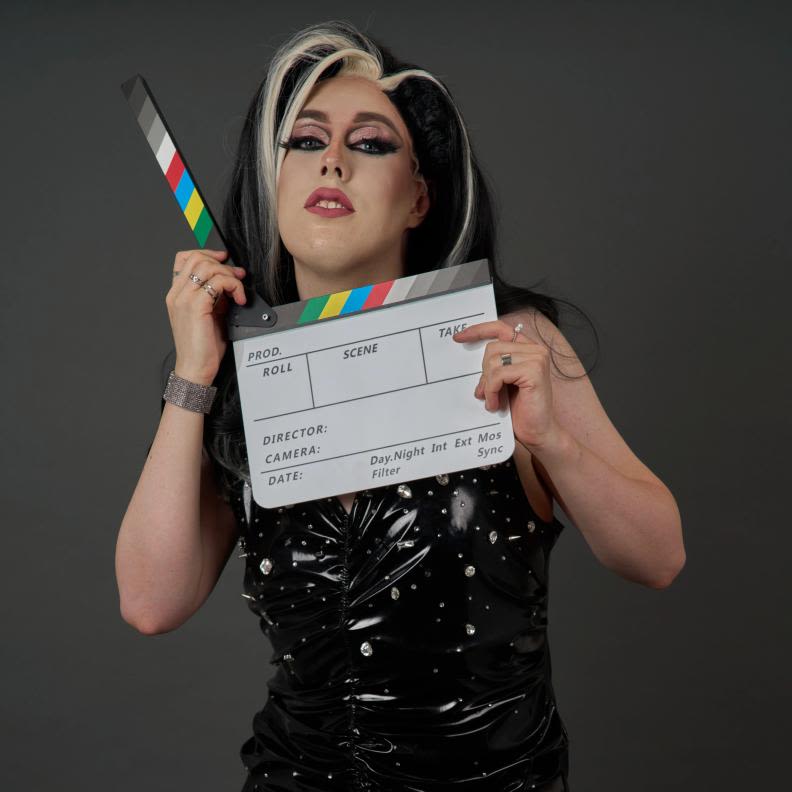
'Come to the shows'
Drag artist Vudejai (they/them) thinks Pride is equal parts party, riot and protest.
They said: “Now more than ever, the community has so much to protest about, when you attack one of us you attack all of us.
“We need to defend and protect the trans community more than ever.”
As drag artists, they said: “We need to support trans people anyway we can.
“In the drag community that means going to their shows or booking them, passive allyship is not going to cut it.
“Come to the shows, support the community and donate to trans charities.”
Drag, they explained, is about showing the parts of yourself you don’t normally show.
Vudejai said: “What is so interesting about drag is that it is limitless, you can try anything with it, in so many different forms.
“It is an art of transformation.”
This year, Vudejai said, the community needs to keep fighting, and show up for Trans+ Pride and trans people.
They said: “There is a lot of anger, sadness and hurt.
“It feels like being punched in the stomach, when the wind is taken out of your sails and you are forced to stop.
“Trans people were the ones who pushed for queer rights, like Marsha P. Johnson and Sylvia Rivera in America.
“They were the ones who threw the bricks, protested and rioted for our rights.”
Photo of Vudejai by JME - PhotoArt
Photo of Vudejai by JME - PhotoArt
Photo of Vudejai by JME - PhotoArt
Photo of Vudejai by JME - PhotoArt
Vudejai on the origin of their drag artist persona.
Vudejai on the origin of their drag artist persona.
Looking Forward
The future of London Trans+ Pride, and trans visibility relies on the bravery and unity of the queer community, the interviewees all concluded.
Mak said: “I am very keen on being visible, going back is not an option.
"I have the benefit of age, height, class and being white, all this privilege, so I refuse to cower.
"I want to use my privilege for good if I can, and if that means being a bit louder in front of other people then I will do that.”


